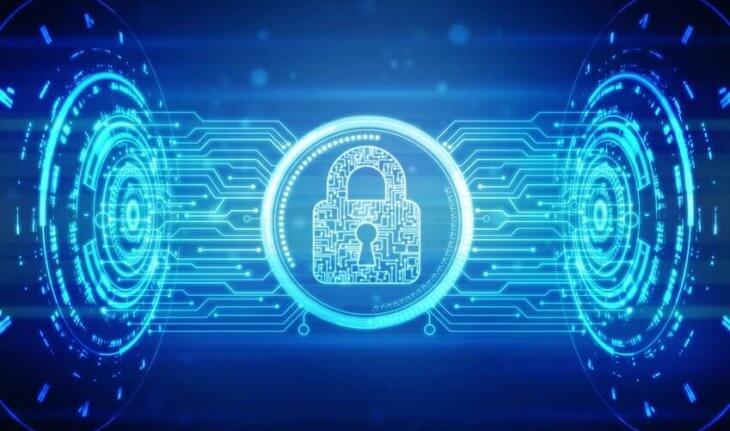Cybersecurity in Esports : How to Stay Safe
Cybersecurity in Esports , short for electronic sports, is a form of competitive video gaming that’s quickly gaining traction in different parts of the world. Attracting audience members in their thousands, esports is a global phenomenon that has seen a massive surge in popularity over the past decade.

The prevalence of competitive online gaming is inspiring a generation of players to partake, often spending a lot of time playing online with the hope of being selected by one of the many elite esports teams across the world.
Unexpected Risks
Players have to practice and play a lot to make the cut for key tournaments and ultimately get picked to join elite esports teams. But these ambitious young players face a myriad of unexpected risks as they strive to rise through the ranks of competitive esports. Below, we take a look at the major cybersecurity risks associated with esports as well as how players and fans can protect themselves. Read on.
- DDoS Attacks. DDoS or Distributed Denial-of-Service Attacks target computers and networks and overwhelm them to the point of disrupting the services of users connected to the internet. In esports, this disruption will result in lagging and affect your ability to participate.
- Malware. Various types of malware can be used to target esports players. Online threat actors can use keyloggers to steal your login credentials to compromise your account and lock you out. Others may use ransomware to encrypt your game files and prevent you from playing until you pay a ransom.
- Data Breaches. Esports fans are massive targets for hackers, too. Esports platforms attract large crowds who bring their smartphones, tablets, and computers with them. A large group of esports fans, all at once and some connected to unsecured networks, is an appealing target for cybercriminals.
The cybersecurity risks surrounding esports are apparent. But that doesn’t mean that you shouldn’t participate in this potentially lucrative online pastime. Here are a few cybersecurity tips to help esports players and fans protect themselves on esports platforms.
Use a VPN
A Virtual Private Network (VPN) is one of the most important tools an online gamer can have in their arsenal. A VPN can encrypt your internet connection and protect your online travels from the eyes of hackers, government, and ISP.
A VPN for gaming can mask your real IP and protect your gaming from DDoS attacks. It will also make your online gaming experience more fun and engaging by allowing you to unlock geo-restricted games and access new releases from regions with early launch dates.
Deploy Antivirus Software
There are many types of malware that can be used to target players and fans on esports platforms. For instance, hackers often use keyloggers to steal esports accounts credentials resulting in the loss of account and in-game valuables. Cybercriminals also use ransomware to lock game profiles and save data then demand payment. Deploying reliable antivirus software with real-time protection can help mitigate these risks.
Use Strong Passwords
Using strong passwords for your esports accounts can help protect against a wide range of cyberattacks. Don’t reuse passwords as it makes it easy for hackers to compromise your online accounts at once. Using a password manager can help you store your passwords safely in one place. You only need to memorize the password to your password manager tool.
For hackers and other online threat actors, the esports industry is ripe for picking. Players and fans should take the necessary security precautions to protect themselves from cyberattacks on esports platforms. But players and fans can’t ward off persistent cybersecurity threats alone. Client owners and digital distribution companies should prioritize security on their platforms through thorough testing and extensive consultation with cybersecurity experts.
 Epic Heroes Entertainment Movies Toys TV Video Games News Art Pop culture news goodness
Epic Heroes Entertainment Movies Toys TV Video Games News Art Pop culture news goodness



